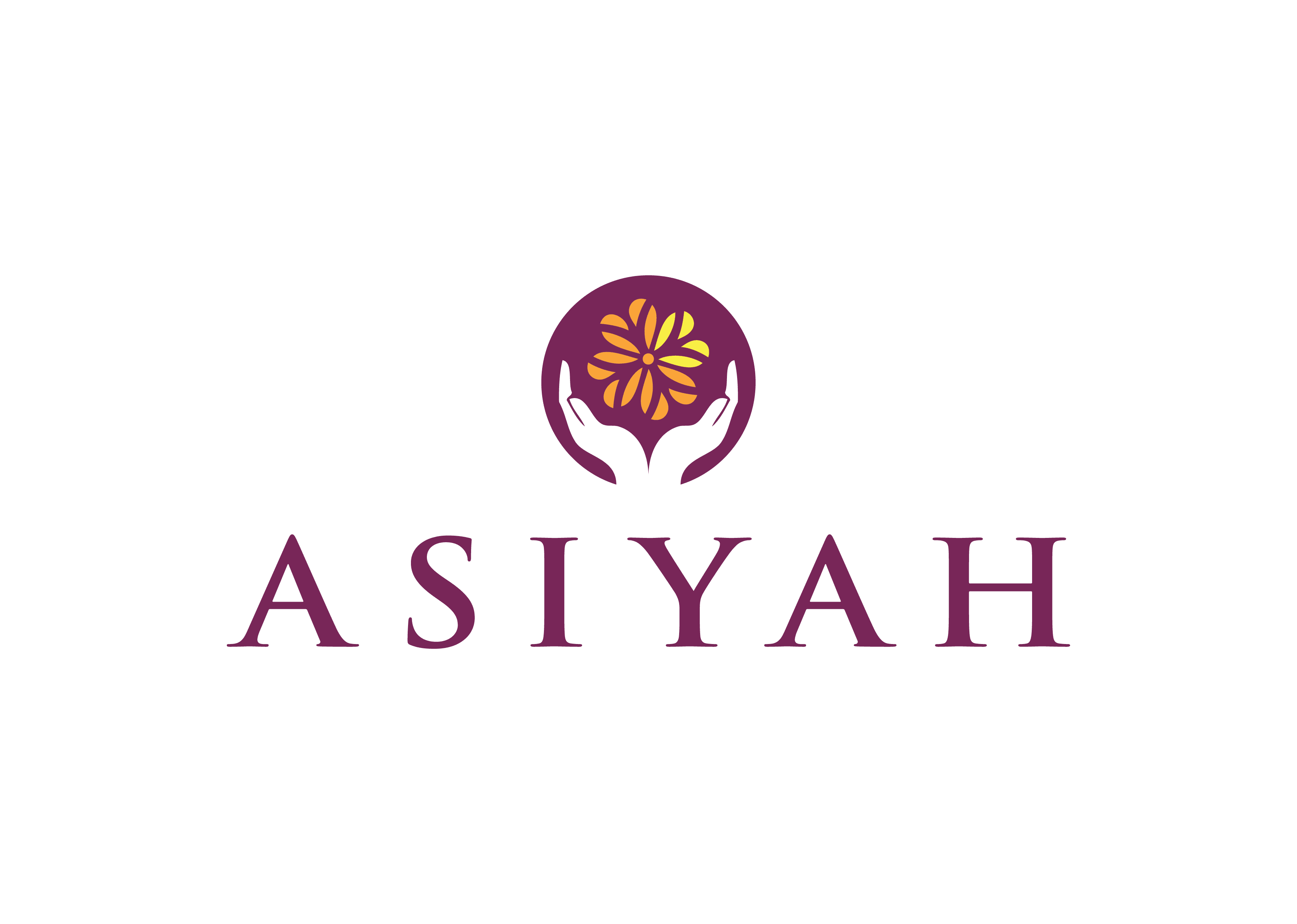"Sheesh! - What kind of help?!"
Knowledge creates perspectives. It is not taken for granted to have knowledge about other societies and social groups, their problems, and difficulties. The project series aims to address gaps in secular, cultural, political, and general knowledge, as well as the handling of postcolonial and multicultural structures.
This will help students strengthen and expand their social skills. Critical thinking, curiosity, and social engagement, in particular, are encouraged. The workshops provide a safe and open platform, tailored to the knowledge and needs of the students.
Social engagement and empathy are essential for a healthy coexistence in society. Through workshops and the transfer of knowledge related to active opportunities for action, we not only contribute to reducing discrimination, prejudice, racism, and barriers between social classes, but also create vocational prospects. Humanitarian aid and social work cover important areas in society and give rise to professions that are indispensable.
- The workshops have a duration of 90 minutes/two hours and can be held during regular class time, but also outside of class time.
- The main priority of each workshop is to create spaces for students to gather information and exchange ideas. Addressing uncertainties regarding political correctness, the purpose of humanitarian aid, and one's own abilities and possibilities are plausible topicsthat can and should be discussed within the workshops. This means that questions and discussions should be given ample time both during and at the end of the workshops. Providing opportunities for addressing and finding solutions to difficult topics should needs.
- Post-colonial structures in humanitarian aid
- Feeding the homeless
- Empathy without "Poverty Porn"
- Famine, where does it come from and can it be eradicated?
- What approaches are there worldwide on the part of governments and politics against world hunger?
- Assistance for self-reliance: What prerequisites are necessary?
- Climate change or climate crisis in the Global South?
- Can/will climate change be a cause of migration?
- Who is most affected by climate change?
- What is the size of your ecological footprint?
- Humanitarian aid: Purpose or futility
And additional topics as agreed upon with teachers and lecturers.
Are you a political scientist, (social) pedagogue, cultural scientist, or environmental scientist and would like to enrich the design and implementation of the workshops with your expertise?
Then feel free to send us an email to: mitgliedschaft@asiyah.net
